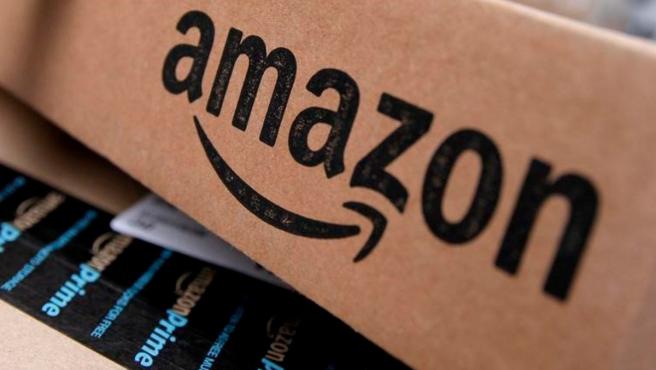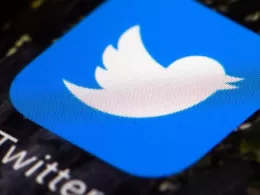Amazon’s Counterfeiting Crimes Unit has reached an agreement with influencers Kelly Fitzpatrick and Sabrina Kelly-Krejci, whom it reported in November 2020 to the United States District Court for the Western District of Washington for promoting and facilitate the sale of counterfeit luxury fashion items through its platform .
The court has agreed with Amazon and the influencers will now be banned from the platform permanently , and will also have to pay a financial fine for their actions, money that Jeff Bezos’ company has agreed to donate to charities.
Late last year, Amazon filed a lawsuit against these two influencers , as well as nearly a dozen third-party merchants , for allegedly advertising, promoting and facilitating the sale of counterfeit products.
Fitzpatrick and Kelly-Krejci reportedly worked alongside these sellers in a sophisticated hoax scheme that promoted fake luxury brand products on Instagram , TikTok and Facebook and then directed customers to product listings in the Amazon store that circumvented the tools. anti-counterfeiting platform, apparently ” generic products that did not break the law, while the products sent to customers would be the counterfeit items promoted on social media, ” according to a statement sent by the company.
How did they fool users? They showed photos of bags, belts and purses supposedly from fashion brands such as Gucci or Dior along with ‘common products’ and assured that if you asked for the latter, you would actually receive items from luxury brands. After ordering, they shipped the knockoffs. Thus, by disguising counterfeits as ‘non-infringing’ products, they managed to bypass Amazon’s anti-counterfeiting tools .
Influencers posted side-by-side photos of the generic ‘non-infringing’ product and the counterfeit product on their Instagram Stories.Influencers posted side-by-side photos of the generic ‘non-infringing’ product and the counterfeit product on their Instagram Stories.CNBC
As I was saying now, Justice has endorsed Amazon’s demand and Fitzpatrick and Kelly-Krejci will be ‘banned’ from the platform . In accordance with a consent decree, they are prohibited from marketing, advertising, linking, promoting or selling, directly or indirectly, any product of any kind in the Amazon store in the future, without the express written authorization of the company.
Likewise, they must pay an economic amount not determined by the company. That money will be donated to the International Trademark Association (INTA) ‘Unreal’ campaign , a consumer awareness initiative to educate young people ages 14-23 about the importance of intellectual property rights .
Example of the promoted products: an imitation Gucci belt.Example of the promoted products: an imitation Gucci belt.CNBC
The influencers also agreed to ” fully and unconditionally cooperate with the Amazon investigation and legal actions against the remaining defendants, as well as suppliers and other bad actors involved in the promotion and sale of counterfeit products,” they emphasize from Bezos’ company.
“We are pleased that this settlement has resulted in people acknowledging the harm they caused, helping us advance our investigation, and charities benefiting from recovered funds,” said Kebharu Smith, Director of the Crimes Unit. Amazon counterfeits, adding that “this deal sends a strong message to potential bad actors that Amazon will find them and hold them fully accountable.”
Amazon’s strong hand against counterfeits
In June 2020, Amazon launched its Counterfeiting Crimes Unit, a global team dedicated to pursuing counterfeiters and holding them accountable to the fullest extent of the law , “including working through the judicial system and in partnership with law enforcement. ”, Assures the company. Amazon has filed a number of lawsuits against counterfeiters, including joint lawsuits with tech company GoPro , clothing maker HanesBrands, and outdoor product maker YETI.
Amazon strictly prohibits the sale of counterfeit products in its stores.
Amazon and GoPro File Joint Lawsuit Against Multiple Product Counterfeiters
As they emphasize, the platform “strictly” prohibits “infringing and counterfeit products in your store . ” In the statement, Amazon explains that it uses “industry-leading tools to verify the identities of potential sellers and ensure product listings are authentic” and that its proprietary systems analyze hundreds of unique data points to “verify the information provided. by potential sellers ”.
Due to these processes, in 2020 only 6% of new seller account registration attempts passed Amazon’s robust verification processes and therefore their products were listed for sale. Additionally, less than 0.01% of all products sold on Amazon received a counterfeit complaint from customers.









